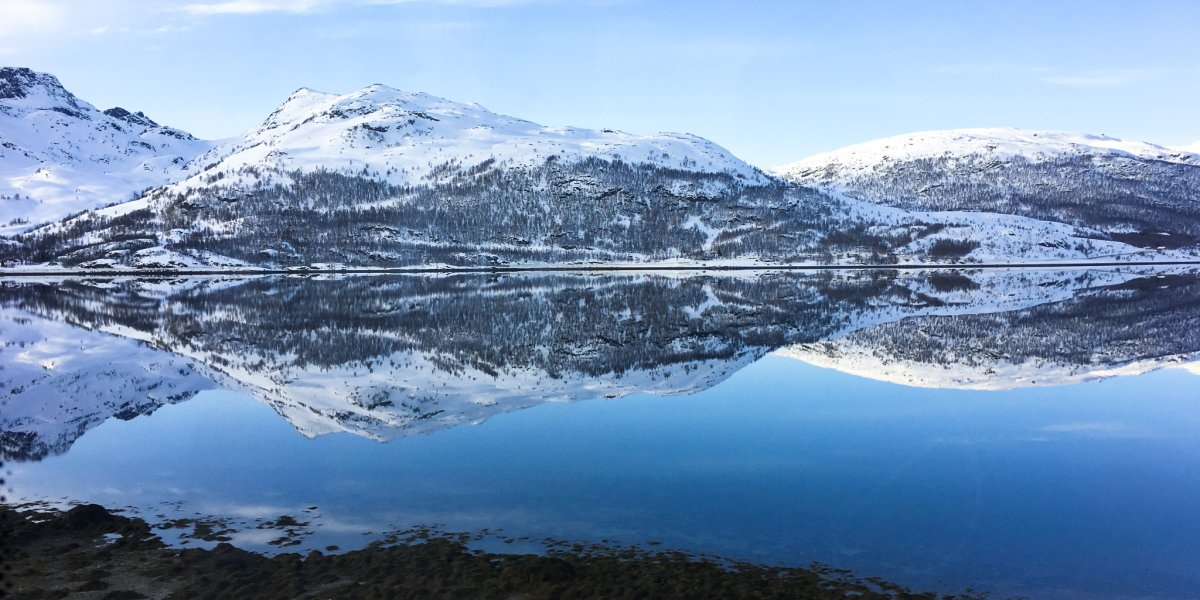COP30: Climate Effect of Black Carbon and Methane in the Arctic. Scientific Revisions, Policy Decisions
Black carbon (BC) and other short-lived climate forcers emitted within the Arctic and at lower latitudes are making a significant contribution to warming and have been a subject of study in recent years by Arctic Monitoring and Assessment Programme (AMAP). How the contribution of BC to Arctic climate change is likely to evolve in future is unclear, both due to uncertainties in future emission scenarios and given the complexity of the climate system and of the effects of different atmospheric pollutants, many of which are co-emitted.
About
Completed: 13.11.2025
COP30 Super pollutants pavilion, Belém, Brazil
CICERO Center for International Climate Research
Bodies such as the IPCC and AMAP rely on climate models to project the impact of BC emissions into the future to help guide policy-making. Climate models employed in the IPCC’s AR6 report and those used in AMAP’s 2021 assessment of SLCFs showed that BC emissions contribute to warming; however with estimates of BC radiative forcing that were lower than those presented in earlier IPCC Assessment Reports. This downward revision of the climate warming effect of BC raised questions about the appropriate policy responses to BC emissions globally and in the Arctic – however are these questions a result of misinterpreting the science?
Under the Global Methane Pledge (GMP) launched at COP26 participating countries commit to collectively reduce global methane emissions by at least 30% by 2030 compared to 2020 levels. A Nordic Council-funded project ‘Reduc(h4)e’ facilitated project work by members of the AMAP SLFC expert group that modelled the potential consequences of existing commitments to the GMP for Arctic climate change. Results of this new work can help inform policy about the role of methane in Arctic climate and the possible implications of the GMP.
The proposed session will address policy communication to explain the reasons for and implications of the revision to the estimates of BC forcing, and provide insights into the current state of knowledge regarding methane as an Arctic climate forcer. It will show results about the evolving understanding of the behaviour and impacts of BC and methane and why policy should continue to emphasize rapid reductions in BC and methane emissions in the Arctic and beyond.
Moderator: Maria Kvalevåg, AMAP Secretariat
- Black Carbon as a climate forcer - AMAP policy Brief, Marianne Lund, CICERO
- Transport of wildfire smoke to the Arctic, Sabine Eckhardt, NILU
- Status of implementing the Global methane pledge, Lena Høglund/Flora Brocza, IIASA (tbc)
- Climate implications of the methane reductions, Ulas Im, Aarhus University
- State of the art atmospheric methane concentration, Lori Bruhweiler, NOAA (tbc)
Panel and Q&A
- Rolf Rødven (AMAP sec)
- Tom Grylls (CAF)
- Sian Prior (CAA)
